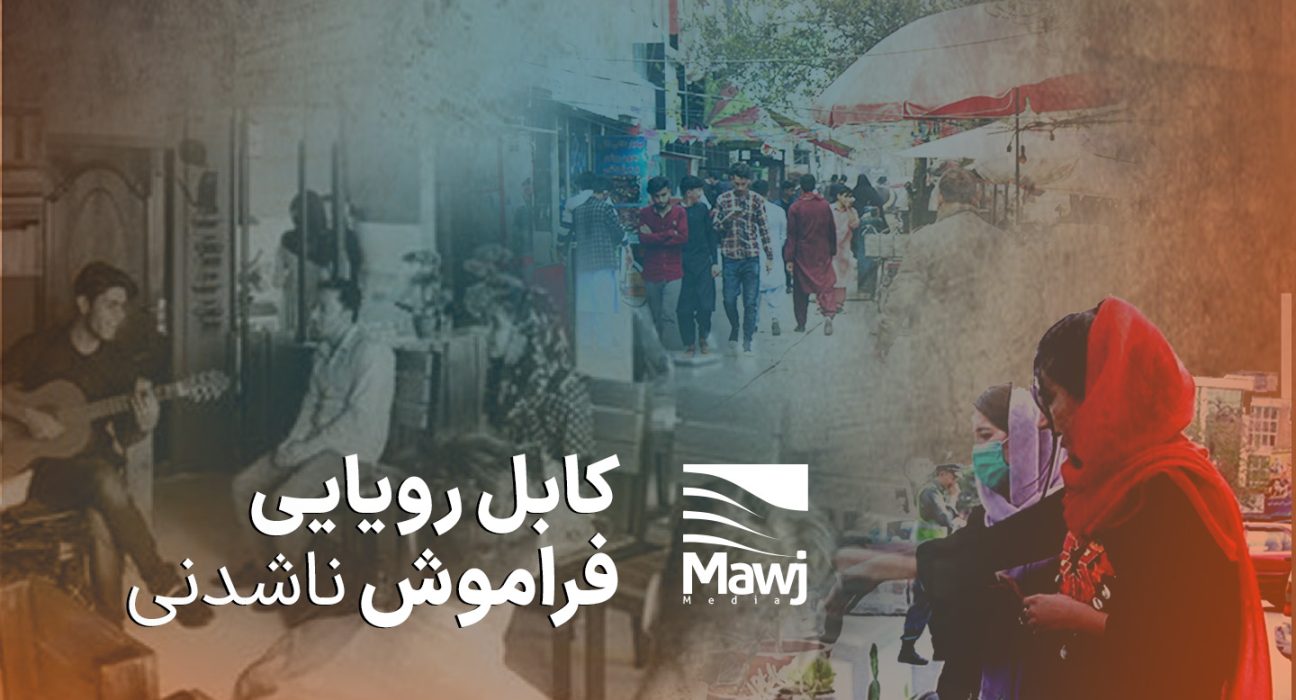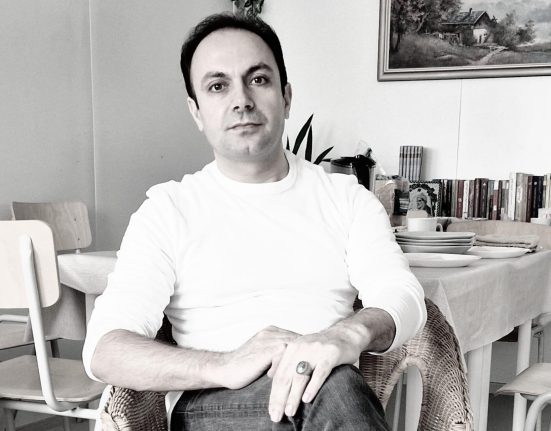Narrating the Sorrowful Tale of Kabul: A Personal Reflection
I wish to be the narrator of a part of the sad story of Kabul, walking through its streets and bazaars, sharing my experiences and observations.
Pul-e Surkh, Karte Chaar, and Shahr-e Naw were popular hangouts for many of Kabul’s young girls and boys. Walking from Karte Chaar to Pul-e Surkh near sunset was a unique pleasure. Cafes were a place to unwind after a day’s work, where friends could gather and share stories. Ai Khanum Cafe in Pul-e Surkh, with its calming music and artistic atmosphere, added warmth to conversations with its tea and coffee.
From the entrance of Ai Khanum to the inside of the restaurant, the happy faces of young girls and boys and its intimate atmosphere are unforgettable. Taj Begum Restaurant, with its classic ambiance, hosted many artists and photographers was the center of cultural and artistic circles in Kabul.
Leila Haidari brought people together under one roof with her cheerful demeanor. When the atmosphere of the restaurant blended with guitars and drums, poetry, music, and shisha smoke, time seemed to stop. The warmth of a smile and drinking a cup of coffee became a cherished memory, its repetition more enticing each time. But now, Pul-e Surkh, Shahr-e Naw, Gul Foroshi Street, Barg Restaurant, Park Mall, Bagh-e Babur, and Paghman have all lost their vibrancy.
The bustling gatherings of those times are no longer, with most of Kabul’s roads and alleys now filled with memories. Two years after the fall of Kabul, the city’s face has changed. Walking in Kabul no longer evokes the same feelings. Girls’ hair is hidden under scarves, colorful clothes are no longer seen, and lovers no longer walk hand in hand on the streets.
At the crossroads, a different face replaces the police—long hair, dark eyes, and hats on their heads. They roam the streets. The moral police, with white caps, black turbans, and long beards, stop and advise men and women whose appearances do not conform to Sharia. The city has turned into an open prison where people merely breathe, deprived of all human and civil rights, relinquishing their citizenship.
The words of the Taliban’s Acting Minister of the Interior about the cleanliness of Taliban members are definitive. You have yet to experience being in a car with a Taliban member next to you. The intensity of their scent is so overpowering that if the journey is long, you may get dizzy. If they don’t wear perfume, their body odor, especially in the heat, can make you nauseous.
Kabul is strange these days—alone and orphaned. Nearly two years after the fall, Kabul has regressed a century. Most elites and artists have either left Kabul or are hiding away from the Taliban’s eyes. Sometimes, Kabul’s girls protest the closed environment and Taliban culture. The streets witness the confrontation between Taliban guns and the determination of Kabul girls who come out to defend their rights and freedom. Many beautiful Kabul girls have been tortured physically and mentally in Taliban prisons. Now, no one dares to come to the streets to defend their freedom and rights like before.
The current climate has created a fertile ground for extremism. Music is banned in cars, wedding halls, and even homes. Last night, on my way home from work, a taxi driver had a religious preacher’s voice playing loudly, which bothered me until the end.
The Taliban government moves forward with force. The urban plan for Kabul is being implemented rapidly. Those whose houses and land are in the path of the plan are given only a few days to demolish their homes themselves; if not, the Kabul Municipality will destroy them with bulldozers. City signs must be printed and prepared according to a special format provided by the Kabul Municipality.
Religious schools for girls have been allowed to operate. Girls in black clothing, with only their eyes visible, are learning Sharia laws, recitation, and Tajweed in these schools. The Taliban’s whips and dark ideas have made life increasingly difficult for the people of this city. These days feel like a harsh winter—difficult to endure but passable. The darkness of this time will be a disgraceful mark on the Taliban and their supporters in history.
We hope for the arrival of Kabul’s spring, which everyone is waiting for. Maybe one day, enthusiasm will return to Kabul, the migratory swallows will return to their nests, a father will hug his child, a mother will shed tears of joy, and a lover will embrace her beloved tightly.



